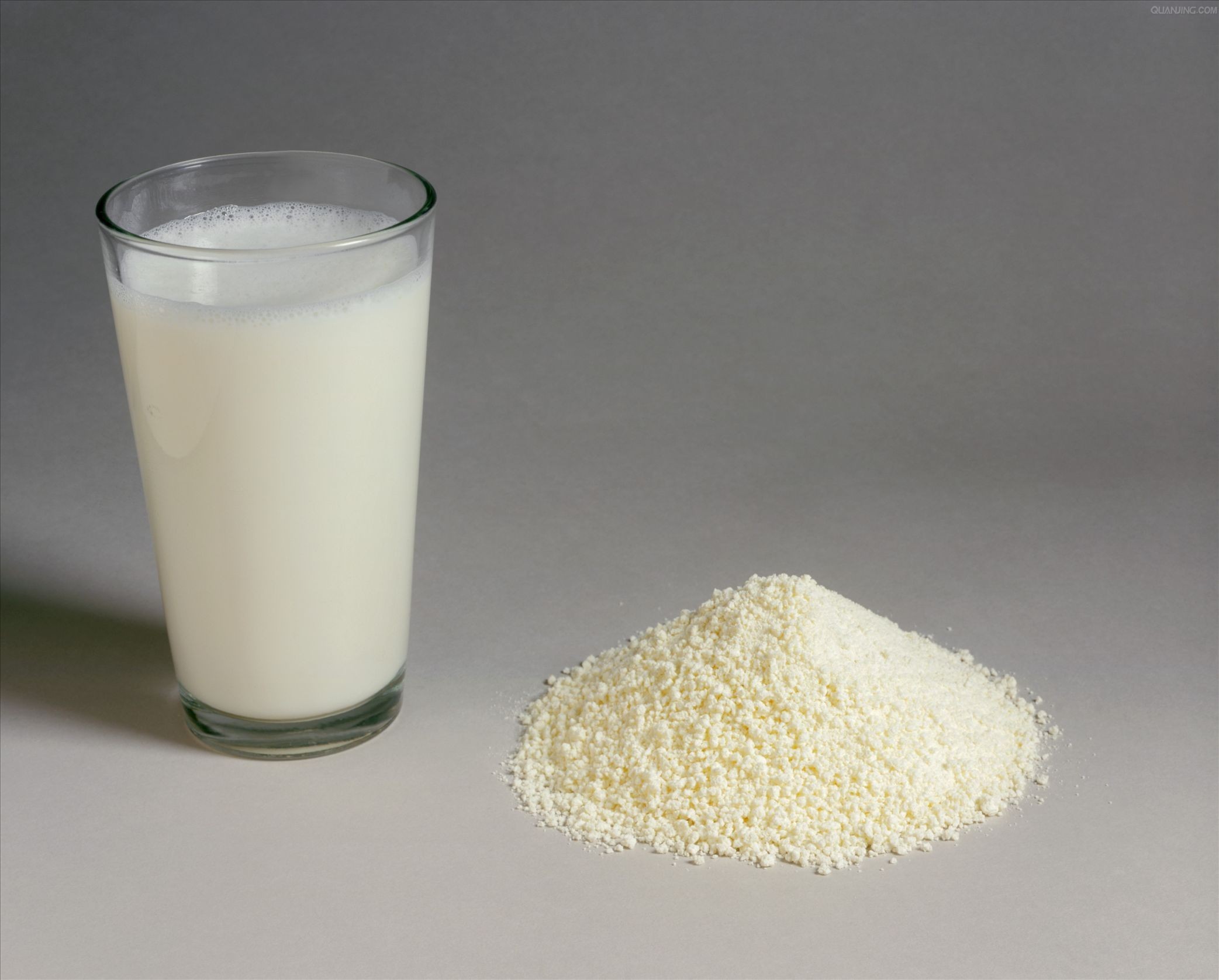
AUSTRALIAN dairy farmers will be the major beneficiary of China's decision to drastically reduce the tariffs on infant milk formula ordered to shore up supply to the fast-growing nation.
The Chinese government has announced more than 540 tariffs will be reduced next year, as the country moves to liberalise its trade ties with the rest of the world.
The tariffs on infant milk powder will be cut from 20 per cent to 5 per cent, a move that will benefit Australia and New Zealand's dairy farming industries.
Australia is the third-largest provider of infant milk powder with about 15 per cent market share in China, behind New Zealand's 18 per cent and Singapore's 37 per cent.
But in total milk powder exports, Australia is the second-largest behind New Zealand.
The sales of infant milk powder to China were worth $16.56 million in the past financial year, up from $14.27m a year earlier.
A peak in sales, worth $48.5m, occurred three years ago when China suffered the melamine milk scandal that infected 300,000 babies and killed six.
The decision to cut the tariffs has been interpreted as a signal that China wants to increase imports and lock in supplies from its key markets.
The Chinese Academy of International Trade and Economic Co-operation's director of research, Li Jian, said the tariff reduction would benefit Australia and New Zealand given the two nation's combined market share.
"The cut in tariffs is certainly good news to Australia and New Zealand milk powder products and it will be a stimulus to Chinese domestic demand for imported milk powder," he said.
Mr Li said the move was also an indication that China wanted to proceed with a free-trade agreement. Negotiations over an FTA between Australia and China have been going on since 2005 without a deal being finalised. "It is also a good sign for the free-trade negotiation between China and Australia," Mr Li said.
China also hopes the reduction will reduce the price of imported milk products.
There have been complaints across the country that Australia and New Zealand-imported milk powder products are three times more expensive then locally produced products.
The two countries have been able to maintain their market share in the past two years because of ongoing suspicion about the safety of domestic infant milk products. However, Australia's total milk powder supplies to China are under pressure because of growing competition.
Total milk powder exports to China last year were worth $79.1m, down from $105.1m a year earlier.
Aokang International Trade company manager Zhou Xubin said the price of milk was a concern for many Chinese customers.
"The import of Australian milk powder is one of most important import items for our company," Mr Zhou said.
"A reduction of the tariff is definitely a positive move for us, since the average price of imported milk powder at Chinese market already exceeds 300 yuan per can and customers have a lot of complaints.
"We are expecting the lowered tariff will consequently result in a lowered price of imported milk powder."
China's Wahaha Group has recently said it will spend at least $220m on dairy products from Australia and New Zealand over the next year.
News source: http://www.theaustralian.com.au/business/exporters-ready-to-milk-chinese-tariff-cuts/story-e6frg8zx-1226540704397?nk=9f1187a1d5d55edb64e8ded7ad51ed99

